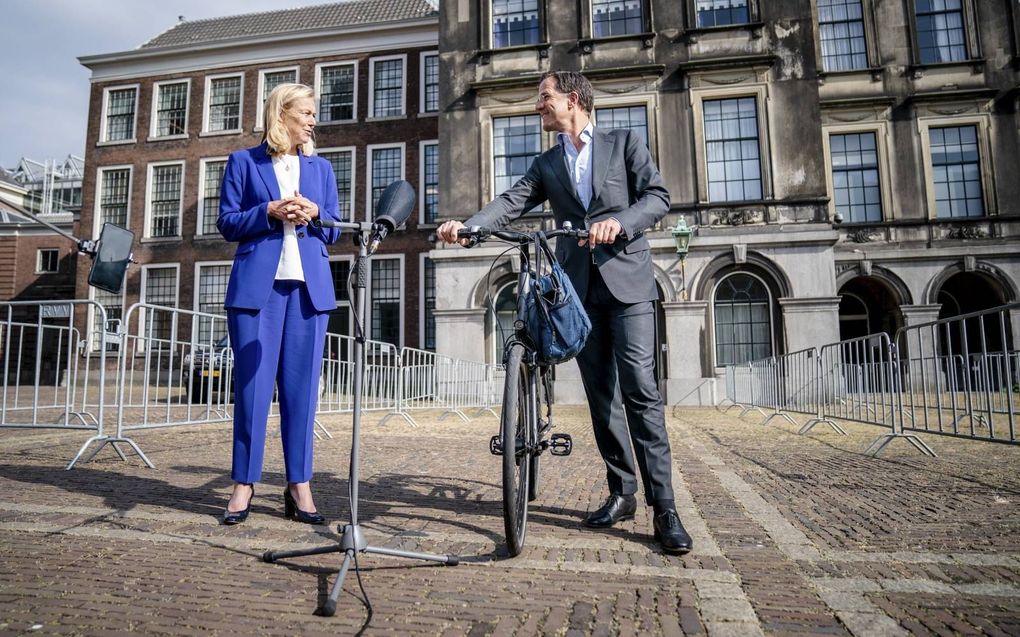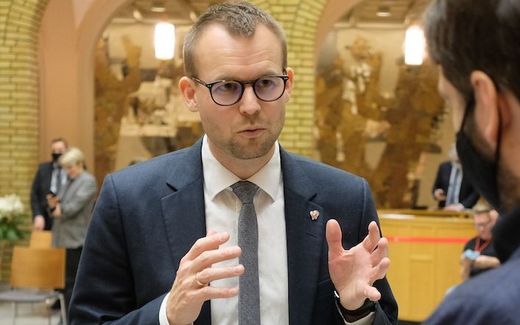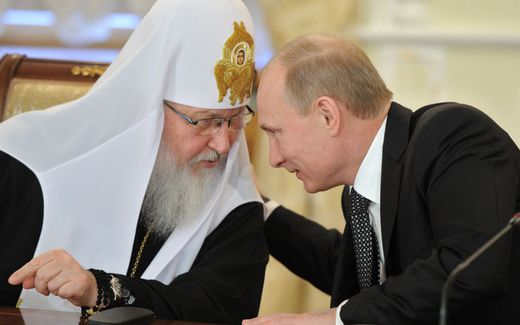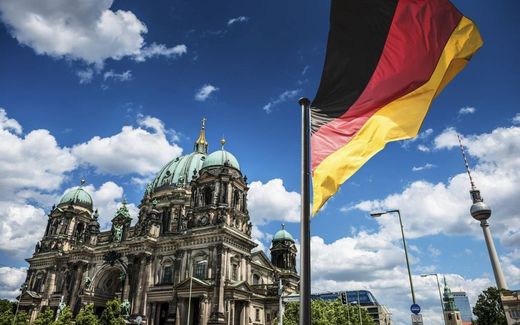Still no coalition five months after Dutch elections; 5 questions about who with whom
12-08-2021
Western Europe
Coen Hermenet, RD

The two main Dutch party leaders together for the press. Five months after the elections, it has become completely silent around the cabinet formation. The coming weeks they have to make progress. Photo ANP, Bart Maat
Western Europe
Almost five months after the election on March 17th, there is no prospect of a new government in the Netherlands. For a couple of weeks, it is utterly silent around the formation. Will the inevitable formation question finally be answered with a pencil, or will it take even longer? A first negotiation attempt should be imminent, but there is no sign of a breakthrough.
"Halfway through August," was the message just six weeks ago. Then, after the liberal VVD and social-liberal D66, under the leadership of investigator Mariëtte Hamer, an "outline document" was fabricated. Coalition negotiations could be held, the two parties said in a motion voted for by a large majority in Parliament.
And, will coalition negotiations start in mid-August?
The first condition is that VVD and D66, under Hamer's leadership, have completed their document. It is not clear what the exact state of affairs is. Daily De Telegraaf wrote that those involved in the formation expect physical negotiations next week at the earliest. A summer break was called for mid-July.
Parliamentary Speaker Mrs Vera Bergkamp asked investigator Hamer on Wednesday to inform the House about the status of the formation.
Whether coalition talks can start after the document is completed remains to be seen. The requirement for this is, in fact, a lot more exciting: at least one party will really have to come out of its trench. However, there is nothing to suggest that a breakthrough is imminent.
Trench?
The writing exercise by VVD and D66 was the only thing that still could be done at that moment. The formation was at a standstill, so coalition negotiations were no option at all. A breakthrough requires at least one party to reconsider a former position. The current standings have blocked all the possible coalition variants.
Which variants are involved now?
In both cases, at least VVD, D66 and the Christian-democratic CDA are involved. Option one is that the present coalition continues; in that case, the Christian Union would join. Option two is that PvdA (Labour) and GreenLeft join the three parties instead.
There are no more than these two options at the moment. This is first of all because VVD and D66 are, in any case heading for a majority cabinet. So, working with CDA solely is out of the question. But PvdA and GreenLeft are holding on to each other. But both variants have been blocked so far.
What are the objections?
For the first variant, the one with the Christian Union, only one party stands in the way: D66. Chairwoman Sigrid Kaag has said time and again that D66 wants the most progressive cabinet possible. In addition, Kaag has explicitly stated that she has no interest in working with the orthodox Christians again, as her party wants to go further on sensitive issues such as 'completed life'. Although the CU is showing restraint, it is not putting up any concrete blockades.
The five-party combination with PvdA and GL is meeting resistance from VVD and CDA. They do not want to join forces with both left-wing parties.
The elections were 148 days ago. Isn't there a hurry to have a new cabinet?
Nobody will say that there is no hurry. However, the question is to what extent the people in critical positions are bothered by the impasse in the formation. VVD, D66 and CDA have not yet announced that they have left the trenches, and the left-wing parties have not yet taken off their "stone lifejackets", as CDA leader Hoekstra called them. Meanwhile, despite the significant political questions, there is no missionary government.
Here and there, there is grumbling and frustration about the inertia of The Hague. "Five months after the elections, where is a new cabinet with a coalition agreement that is dominated by an effective climate policy?" former D66 leader Jan Terlouw wondered on Twitter on Tuesday.
Right-wing PVV leader Geert Wilders also stirred. On Wednesday, he asked for a parliamentary debate on the formation. However, a majority of the House does not want this until Hamer's final report is available, according to Bergkamp.
*This article was published previously in the Dutch Reformatorisch Dagblad on August 12th, 2021.
Related Articles





